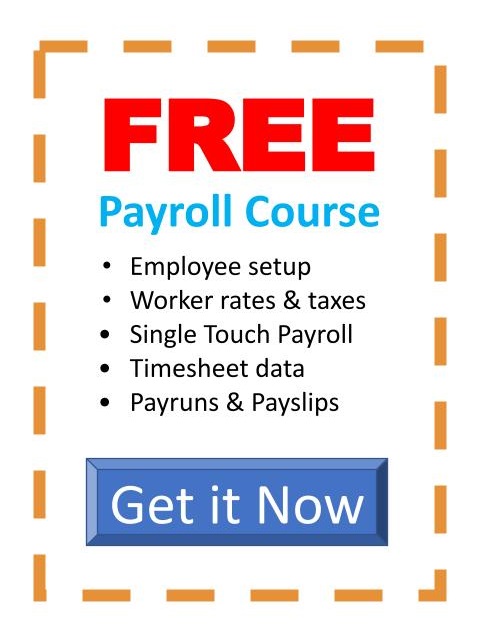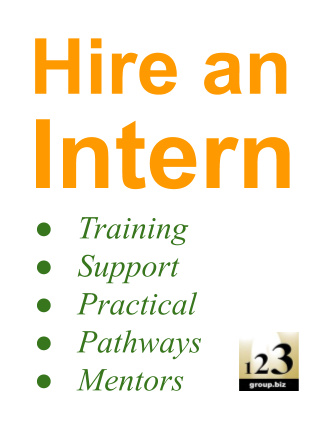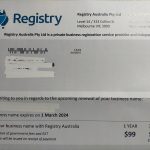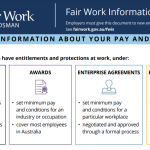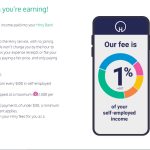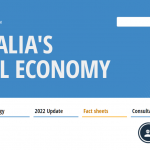 We’ve published a series of posts on financial planning and now let’s take a look at the ongoing capital costs and ongoing running costs for a small business. We mentioned in a previous post that it’s vital for every small business to create a financial plan before they commence trading so they can properly monitor their expenditure versus their profits.
We’ve published a series of posts on financial planning and now let’s take a look at the ongoing capital costs and ongoing running costs for a small business. We mentioned in a previous post that it’s vital for every small business to create a financial plan before they commence trading so they can properly monitor their expenditure versus their profits.
Plan for the Long Term
Many small businesses make the mistake of opening their doors for business before they’ve given much thought to their long-term finances, in particular those hidden expenses that can eat into your profits if they haven’t been accounted for. We cover financial planning in much greater detail in our Small Business Management Course, where students create their own financial plan, but for now, let’s look at ongoing capital purchases.
What Stuff Will My Business Need Down the Track?
Ongoing capital purchases should be considered fairly early on in the life of your business – ideally, before you’ve commenced trading. You may well find that you can start your business with your current sedan, but you will probably need to purchase a van as your business increases. This is the kind of capital purchase that will eat into your cash flow, so you would be wise – and your business would be the better for it – if you assess the cost of upgrading and include it in your financial plan.
In doing so, you’ll be able to see at what point in the life of your business you will be able to afford to buy the van without negatively impacting your cash flow. This is where many small businesses, those of which haven’t created a financial plan, go terribly wrong.
Because they have no idea where their finances are at, they often over extend themselves on capital purchases, and then struggle to keep up with their other ongoing running costs, which brings us to the next portion of this blog post: ongoing running costs.
What Does it Cost Just to Keep the Wheels Turning?
Ongoing running costs or fixed costs are any expenses that you legitimately incur in the running of your business – though it’s wise to check with your accountant or the ATO as tax laws have be known to change from time-to-time; for instance, business ‘entertainment’ costs are no longer tax deductible as they once were, but your accountant may be able to find another way to deduct them as a business expense.
Examples of your business’s ongoing running costs include, office supplies, internet/mobile phone costs, rent, replacement tools, insurance, cleaning services, accountant, travel costs, wages, vehicle expenses, etc. You should include all of these costs in a financial spreadsheet, which will form part of your financial plan.
***
Read more about our Small Business Management Course or contact our team.


